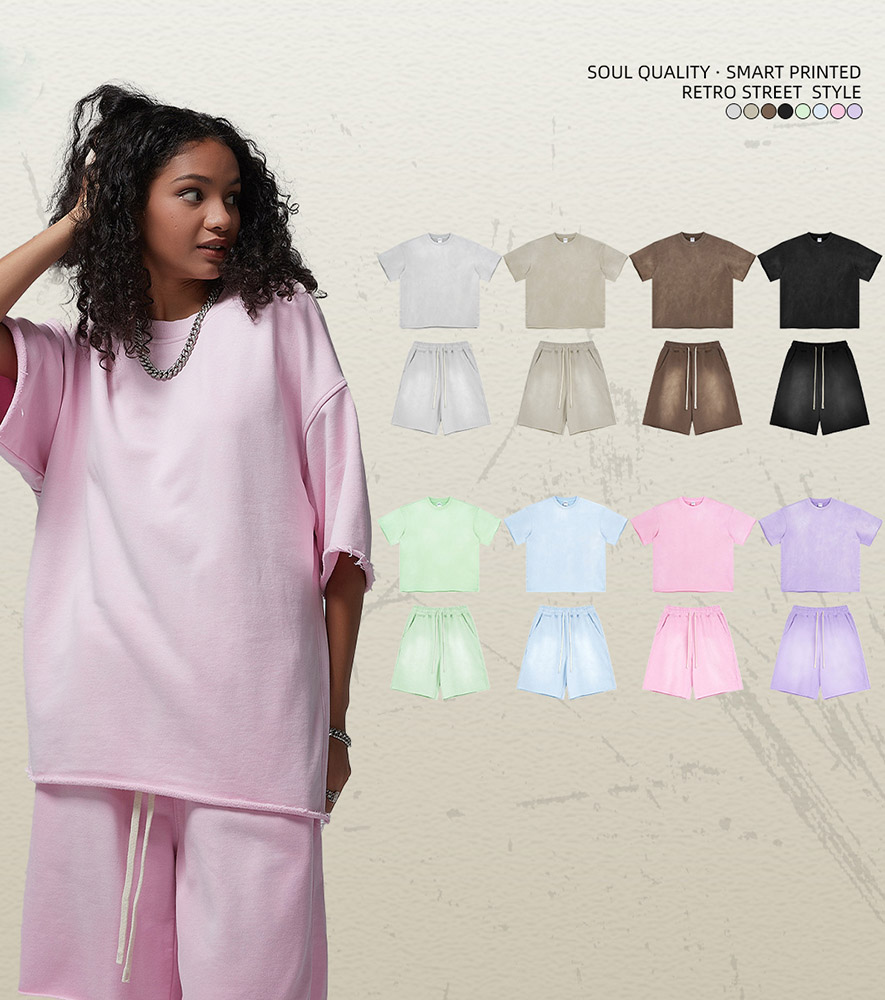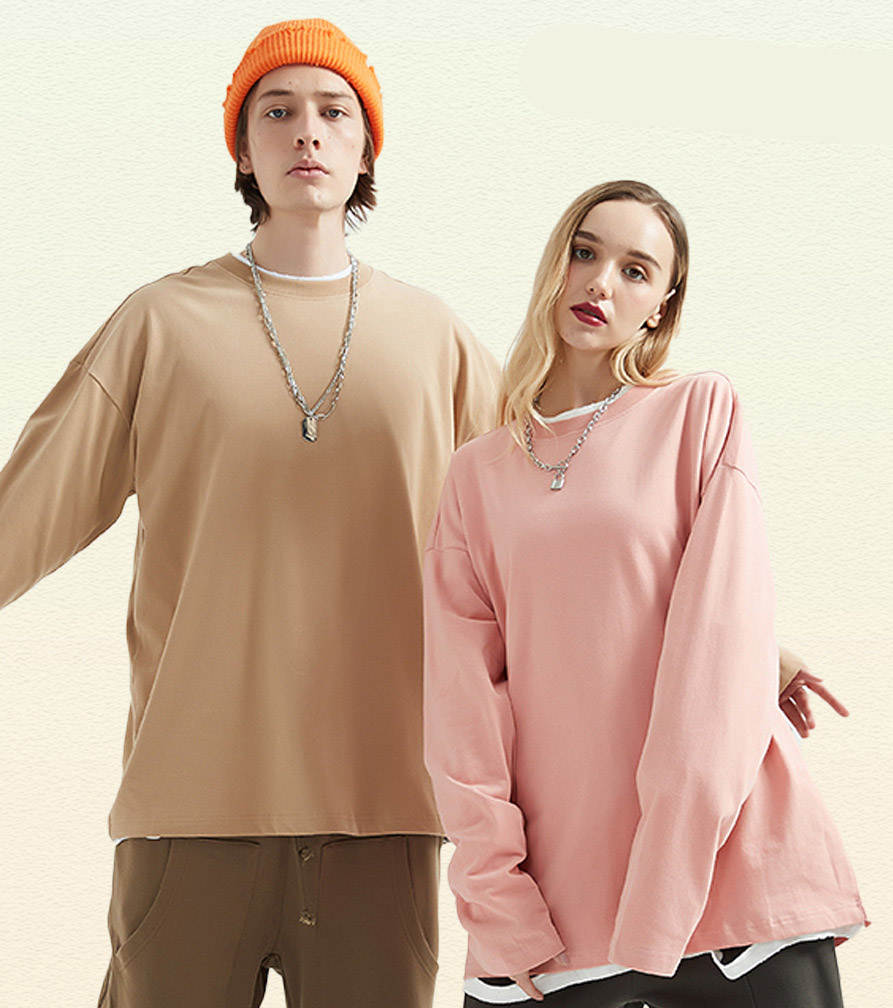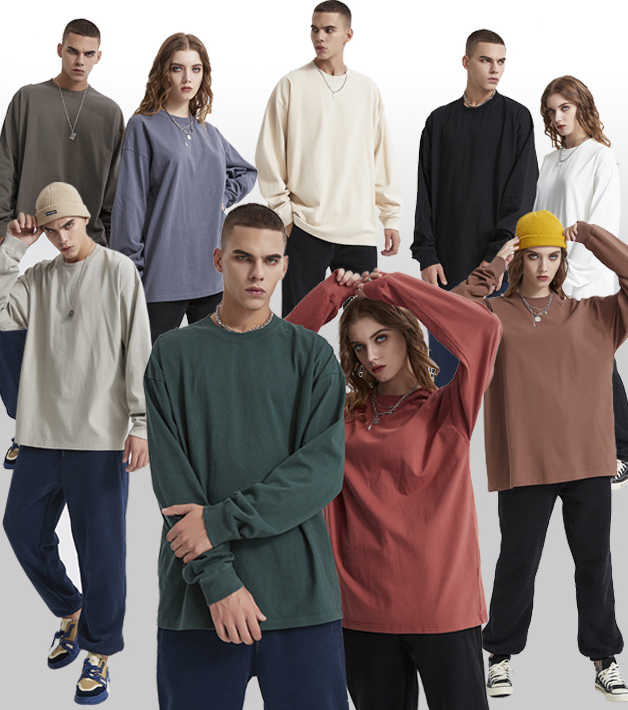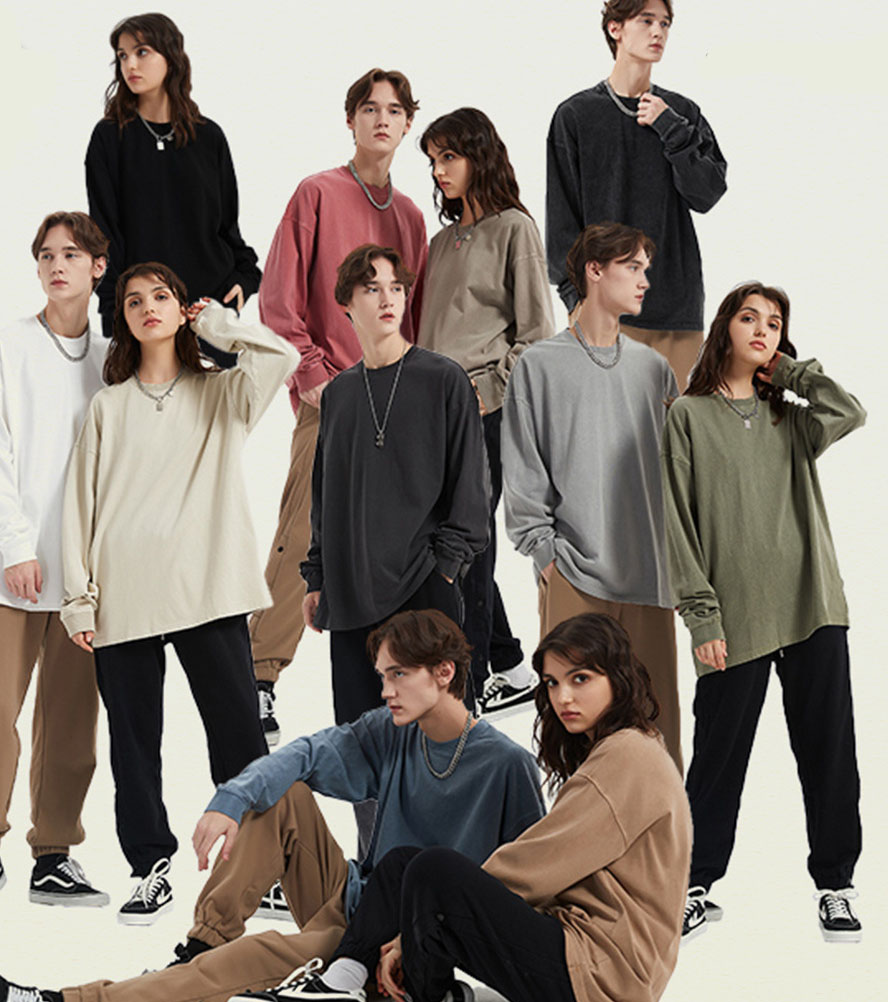Nylon is known for its durability, stretch, and quick-drying properties, but why are nylon clothes not preferred during summer?
Nylon clothes are not preferred during summer because they are less breathable1, trap heat, and can cause discomfort and sweating.
Nylon is a synthetic fabric with a tightly woven structure that reduces airflow and ventilation, leading to heat buildup and discomfort in hot, humid weather. Let’s explore why nylon isn’t ideal for summer, its drawbacks, and better alternatives for staying cool and comfortable.
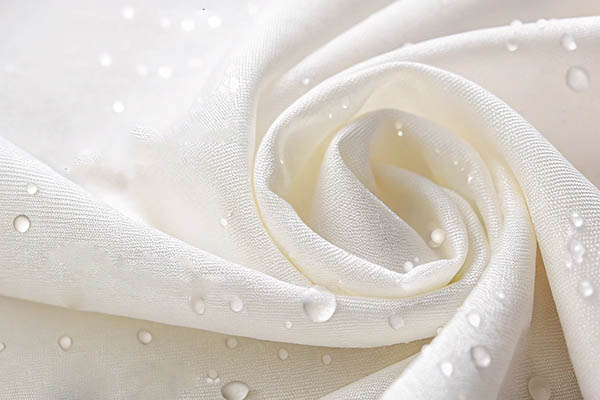
Why is nylon less breathable than other fabrics?
Nylon is less breathable than natural fabrics2 because of its synthetic, tightly woven structure.
Nylon is made from synthetic fibers that create a dense weave, reducing airflow and ventilation.
This traps heat and moisture against the skin, causing discomfort, sweating, and irritation in hot weather.
Why Nylon is Less Breathable
- Tight Weave Structure: The tightly woven structure restricts airflow, trapping heat and moisture.
- Synthetic Fibers: Made from synthetic polymers that don’t allow natural ventilation.
- Moisture Retention: While nylon is moisture-wicking3, it doesn’t allow sweat to evaporate as efficiently as natural fibers.
- Heat Retention: Nylon traps heat, causing discomfort and sweating in hot, humid conditions.
- Non-Breathable Coatings: Some nylon clothes have water-resistant or windproof coatings that further reduce breathability.
Compared to natural fabrics like cotton or linen, nylon is less breathable, leading to heat buildup and discomfort. Choosing lightweight, moisture-wicking nylon blends or looser fits improves ventilation and comfort.
Do nylon clothes trap heat?
Yes, nylon clothes trap heat, especially in hot, humid weather.
Nylon is a synthetic fabric with low breathability and heat retention properties. It traps body heat and moisture against the skin, causing discomfort, sweating, and irritation.
This makes nylon less suitable for summer or hot climates.
Why Nylon Traps Heat
- Low Breathability: The tightly woven structure restricts airflow, trapping heat and moisture.
- Synthetic Composition: Nylon is made from synthetic polymers that retain heat.
- Moisture Accumulation: Trapped moisture creates a humid, uncomfortable environment against the skin.
- Lack of Ventilation: Nylon doesn’t allow natural ventilation, increasing heat buildup.
- Non-Absorbent Nature: Nylon repels moisture rather than absorbing it, preventing natural cooling.
To minimize heat retention, choose lightweight, breathable nylon blends or moisture-wicking designs. Looser fits and mesh panels also enhance ventilation and comfort in hot weather.

Do nylon clothes cause sweating and discomfort?
Yes, nylon clothes can cause sweating and discomfort in hot weather due to their low breathability and heat retention.
Nylon traps heat and moisture against the skin, leading to sweating, irritation, and discomfort.
It can also cause chafing and skin irritation due to moisture buildup and friction.
Why Nylon Causes Sweating and Discomfort
- Low Breathability: Restricts airflow, leading to heat buildup and sweating.
- Moisture Retention: Traps moisture against the skin, causing discomfort and irritation.
- Friction and Chafing: Increased moisture and heat create friction, leading to chafing and irritation.
- Synthetic Fibers: Nylon lacks natural ventilation, increasing sweating and discomfort.
- Odor Retention: Trapped moisture and sweat can lead to odor buildup.
To reduce sweating and discomfort, choose lightweight, moisture-wicking nylon blends or looser fits. Opt for mesh panels or ventilation features to improve airflow and comfort.
Do nylon clothes cause skin irritation?
Yes, nylon clothes can cause skin irritation, rashes, and allergic reactions, especially in hot, humid weather.
Nylon is a synthetic fabric that traps heat and moisture against the skin, leading to irritation, itching, and rashes.
Certain dyes or chemicals used in the fabric may also trigger allergic reactions.
Why Nylon Causes Skin Irritation
- Heat and Moisture Retention: Traps heat and moisture, leading to irritation, itching, and rashes.
- Synthetic Fibers: Some people are sensitive to synthetic fibers, dyes, or chemicals used in nylon.
- Friction and Chafing: Moisture buildup increases friction, leading to chafing and irritation.
- Allergic Reactions: Certain dyes or chemicals may trigger allergic reactions in sensitive skin.
- Bacterial Growth: Warm, moist environments promote bacterial growth, increasing the risk of irritation and infections.
To prevent skin irritation, choose moisture-wicking, breathable nylon blends or hypoallergenic options. Opt for loose-fitting designs and avoid wearing nylon for long periods in hot, humid weather.

Are nylon clothes prone to static cling?
Yes, nylon clothes are prone to static cling, especially in hot, dry weather or when worn with other synthetic fabrics.
Nylon is a synthetic fabric that accumulates static electricity, causing the fabric to cling to the skin or other clothing.
This can be uncomfortable and unflattering, especially in hot weather.
Why Nylon is Prone to Static Cling
- Synthetic Composition: Nylon is made from synthetic fibers that accumulate static electricity.
- Low Moisture Absorption: Nylon repels moisture, increasing the buildup of static electricity.
- Friction with Other Fabrics: Friction with other synthetic fabrics increases static cling.
- Dry Weather Conditions: Static cling is more common in dry weather or low humidity.
To minimize static cling, use anti-static sprays, dryer sheets, or fabric softeners. Wearing a moisture-wicking base layer or choosing natural fibers reduces static electricity and enhances comfort.
Are there better alternatives to nylon for summer?
Yes, there are better alternatives to nylon for summer, including natural fabrics like cotton, linen, and bamboo.
Natural fabrics are breathable, lightweight, and moisture-absorbing, providing better ventilation and comfort in hot weather.
They allow sweat to evaporate naturally, keeping you cool and dry.
Best Alternatives to Nylon for Summer
- Cotton: Soft, breathable, and moisture-absorbing, perfect for casual wear and everyday comfort.
- Linen: Lightweight, breathable, and quick-drying, ideal for hot, humid climates.
- Bamboo: Moisture-wicking, breathable, and eco-friendly, providing natural ventilation and comfort.
- Modal and Tencel: Soft, breathable, and moisture-wicking, ideal for sensitive skin and hot weather.
- Cotton-Linen Blends: Combines the softness of cotton with the breathability of linen for enhanced comfort.
These natural fabrics provide breathability, comfort, and moisture control, making them ideal for summer or hot climates. They allow natural ventilation and keep you cool and comfortable all day.
When is nylon suitable for summer?
Nylon can be suitable for summer when designed with lightweight, moisture-wicking, and breathable features.
Lightweight nylon or nylon-spandex blends are comfortable for activewear, sports, or beachwear in summer.
Choose designs with mesh panels, ventilation, or loose-fitting styles for better airflow and comfort.
When to Wear Nylon in Summer
- Activewear and Sports: Lightweight, moisture-wicking nylon is ideal for running, gym sessions, or outdoor sports.
- Beachwear and Swimwear: Quick-drying nylon is perfect for swim trunks, board shorts, or beachwear.
- Hiking and Outdoor Activities: Durable, moisture-wicking nylon provides comfort and flexibility for hiking or outdoor adventures.
- Travel and Casual Wear: Lightweight, quick-drying nylon is convenient for travel, packing, and casual summer outfits.
Choose lightweight, breathable nylon blends with moisture-wicking properties for summer activities. Opt for designs with ventilation features or looser fits to enhance airflow and comfort.
Conclusion
Nylon clothes are not preferred during summer because they are less breathable, trap heat, and can cause discomfort, sweating, and skin irritation.
Nylon’s synthetic, tightly woven structure restricts airflow and ventilation, leading to heat buildup and moisture retention.
Natural fabrics like cotton, linen, and bamboo are better alternatives for summer, providing breathability, comfort, and moisture control.
If wearing nylon in summer, choose lightweight, moisture-wicking blends with ventilation features for maximum comfort.
-
Understanding breathable fabrics can help you choose the best clothing for hot weather, ensuring comfort and ventilation. ↩
-
Discover the advantages of natural fabrics like cotton and linen for summer wear, ensuring breathability and comfort in heat. ↩
-
Explore how moisture-wicking fabrics can keep you dry and comfortable during hot summer days, enhancing your wardrobe choices. ↩




